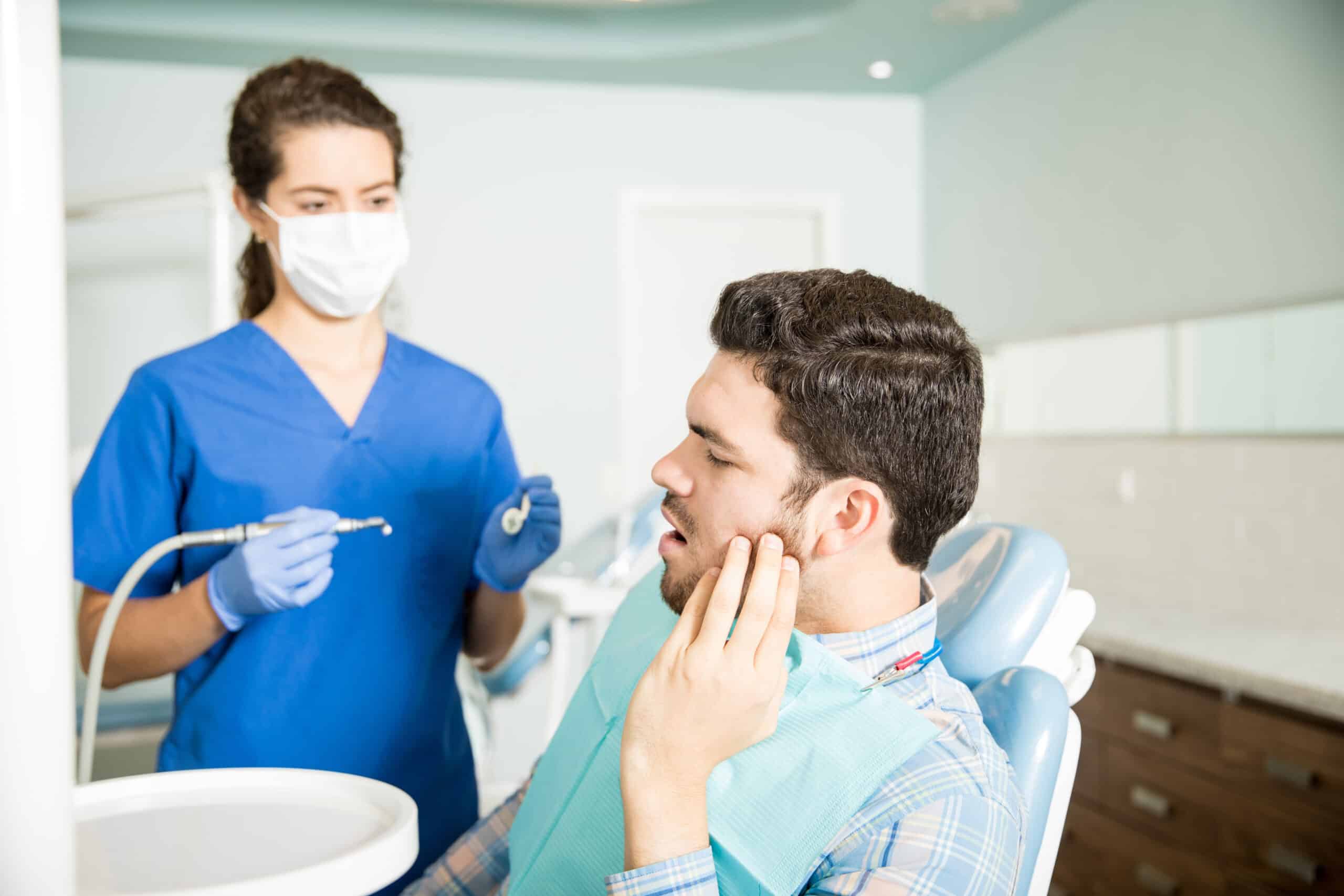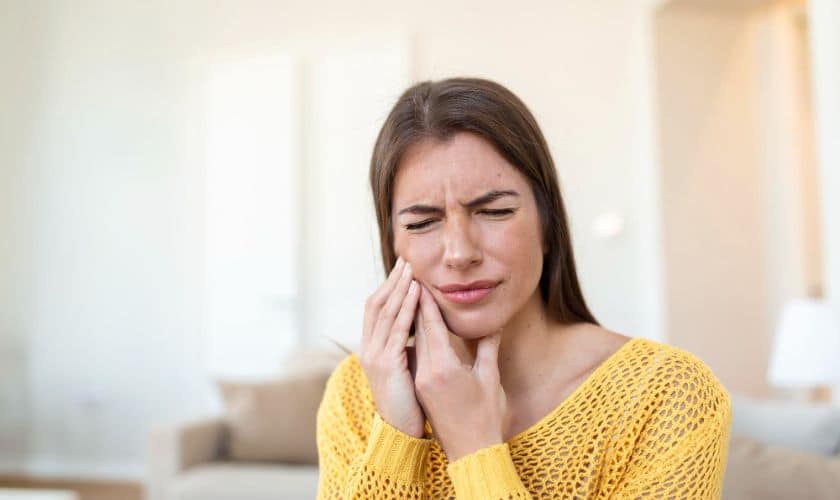
On the Edge: Riding the Wave of Dental Emergencies
Welcome to the world of dental emergencies, where being on the edge requires quick thinking and expert care. In this unpredictable journey, we will equip you with the knowledge and confidence to ride the wave of dental crises. From sudden toothaches and knocked-out teeth to broken dental restorations, dental emergencies can happen anytime, anywhere. Join us as we delve into the realm of immediate action, exploring swift solutions and expert care that can make all the difference in preserving your oral health and smile. Get ready to ride the wave of dental emergencies, where preparedness and timely intervention are key to a successful outcome.
Dental Emergency: Overview
A dental emergency refers to any oral health issue that requires immediate attention to alleviate severe pain, prevent further damage, or save a tooth. Common dental emergencies include severe toothaches, knocked-out or avulsed teeth, broken or fractured teeth, dental abscesses, and severe oral bleeding. Dental emergencies can occur due to accidents, trauma, sudden infections, or complications from existing dental conditions. Prompt action is crucial in dental emergencies to minimize pain and prevent complications. Seeking immediate dental care is essential to assess the situation, alleviate pain, and provide appropriate treatment to restore oral health and preserve the integrity of the affected teeth or tissues.

Common Dental Emergencies
1. Toothache and severe oral pain: Sudden and intense tooth pain can be a sign of various dental issues, such as tooth decay, abscess, or a cracked tooth. An emergency dentist can provide immediate relief and address the underlying cause of the pain.
2. Broken or chipped teeth: Accidents or trauma can result in broken or chipped teeth, causing pain and sensitivity and affecting your smile. An emergency dentist can evaluate the extent of the damage and perform necessary treatments like dental bonding or placing dental crowns.
3. Knocked-out or dislodged teeth: Having a tooth knocked out or dislodged requires immediate attention to increase the chances of saving the tooth. An emergency dentist can guide how to handle the situation and perform tooth reimplantation if possible.
4. Dental abscesses and infections: Dental infections can lead to severe pain, swelling, and potential complications. An emergency dentist can diagnose and treat dental abscesses or infections promptly, relieving pain and preventing the spread of infection to other areas of the mouth or body.
Emergency Dentistry: What to Expect?
1. Immediate Attention: When seeking emergency dentistry, you can expect to receive immediate attention and priority scheduling to address your urgent dental needs. Dental professionals understand the urgency of dental emergencies and aim to provide prompt care.
2. Thorough Evaluation: The dentist will conduct a thorough evaluation of the dental emergency, which may include a visual examination, X-rays, or other diagnostic tests to assess the extent of the issue and determine the appropriate treatment plan.
3. Pain Relief: One of the primary goals of emergency dentistry is to alleviate pain and discomfort. Depending on the situation, the dentist may administer local anesthesia or prescribe pain medication to provide immediate relief.
4. Appropriate Treatment: Emergency dentistry aims to provide the necessary treatment to address the dental emergency effectively. This may involve procedures such as tooth extraction, dental fillings, root canal therapy, repair of dental restorations, or other interventions tailored to the specific emergency situation.
It is important to note that the exact procedures and treatments will vary based on the nature and severity of the dental emergency. The dentist will discuss the treatment options and expected outcomes with you during your visit.
How to avoid Dental Emergencies?
1. Practice Good Oral Hygiene: Maintain a consistent oral hygiene routine by brushing your teeth twice a day, flossing daily, and using mouthwash. This helps prevent tooth decay, gum disease, and other oral health issues that can lead to emergencies.
2. Wear Protective Gear: If you engage in activities that pose a risk to your teeth, such as contact sports or recreational activities, wear appropriate protective gear like mouthguards or helmets to minimize the chance of dental injuries.
3. Avoid Chewing Hard Objects: Refrain from biting or chewing on hard objects like ice, pens, or popcorn kernels, as they can chip, crack, or fracture your teeth.
4. Regular Dental Check-ups: Schedule regular dental check-ups and cleanings to allow your dentist to identify and address any potential issues before they turn into emergencies. This helps in early detection and prevention of dental problems.
5. Address Dental Issues Promptly: Do not ignore dental problems like toothaches, gum inflammation, or loose dental restorations. Seek dental care as soon as possible to prevent the problem from worsening and potentially leading to a dental emergency.
Remember, maintaining good oral hygiene practices, being proactive about preventive care, and seeking prompt dental attention when needed are essential steps to minimize the risk of dental emergencies.
Source : Teeth Talk Girl
FAQs:
1. What qualifies as a dental emergency?
Dental emergencies can include severe tooth pain, knocked-out teeth, broken or chipped teeth, dental abscesses, uncontrollable bleeding, or injuries to the mouth or jaw.
2. When should I seek emergency dental care?
It is recommended to seek emergency dental care when you experience severe or persistent tooth pain, have a dental injury or trauma, or have any condition that requires immediate attention to prevent further complications.
3. How can I reach an emergency dentist after hours?
Many dental clinics have emergency contact numbers available for after-hours care. Keep these numbers and the regular office number handy to ensure you can reach a dentist in case of an emergency.
In conclusion, a dental emergency requires immediate attention to alleviate pain, prevent further damage, and preserve oral health. Being prepared and knowing what to expect during emergency dentistry visits is crucial. By practicing good oral hygiene, wearing protective gear, attending regular check-ups, and addressing dental issues promptly, you can minimize the risk of dental emergencies and maintain a healthy smile. Remember, timely action and seeking professional dental care are vital in handling dental emergencies effectively.




